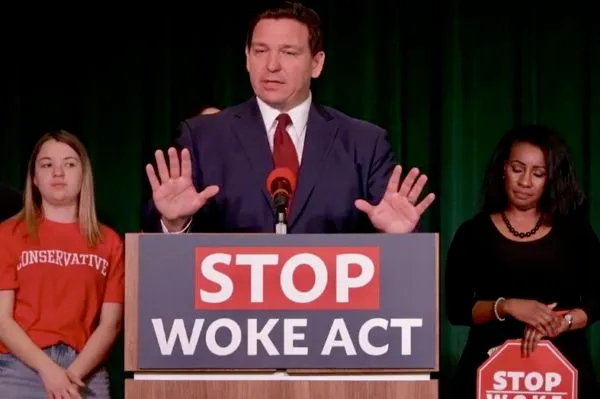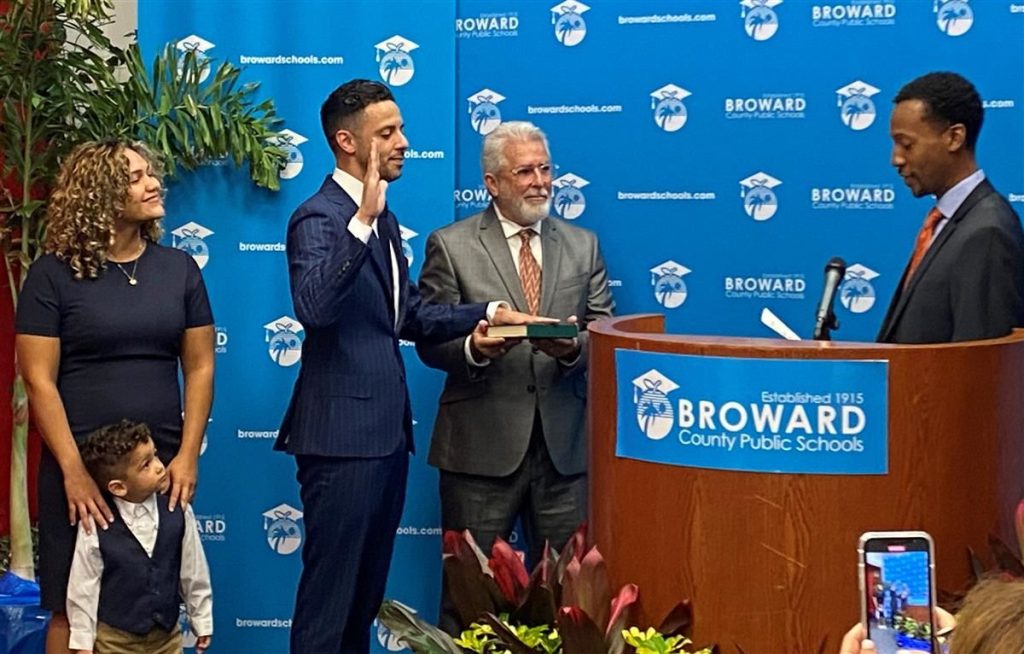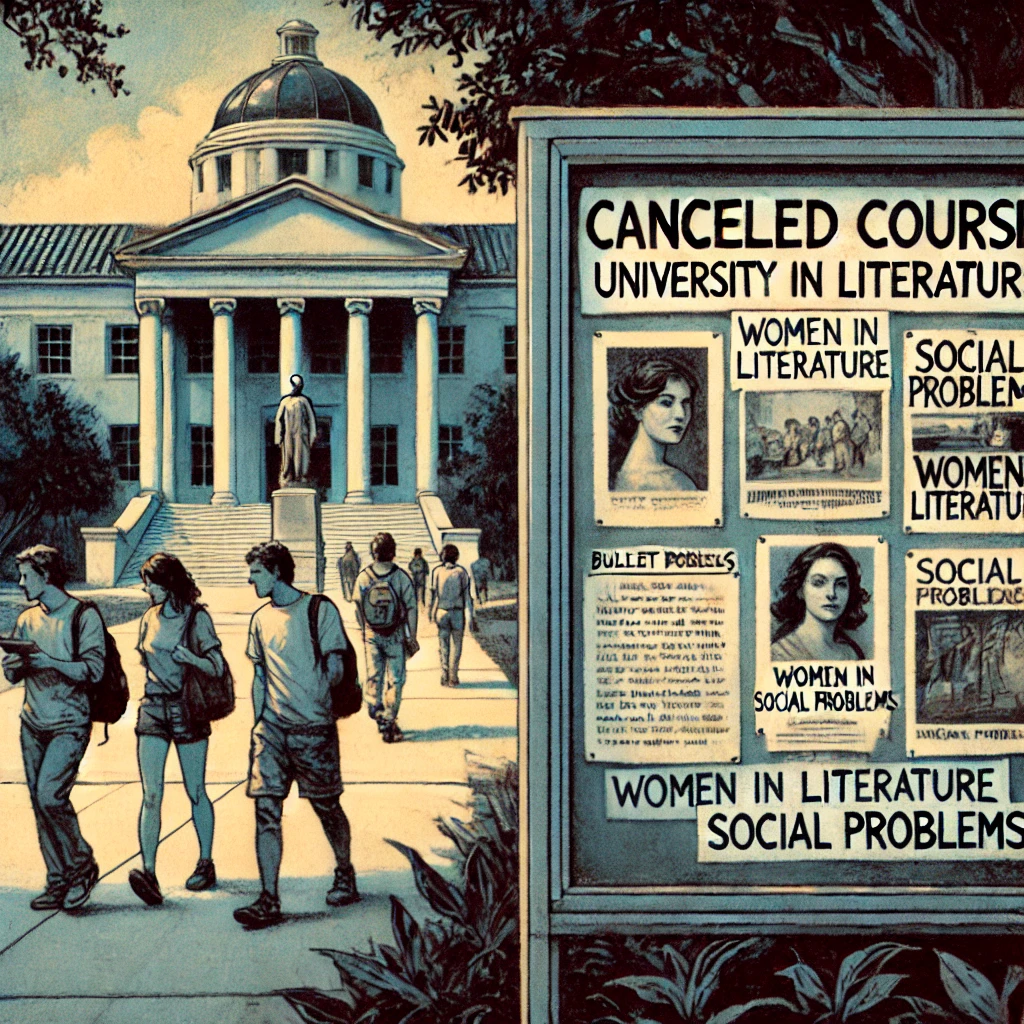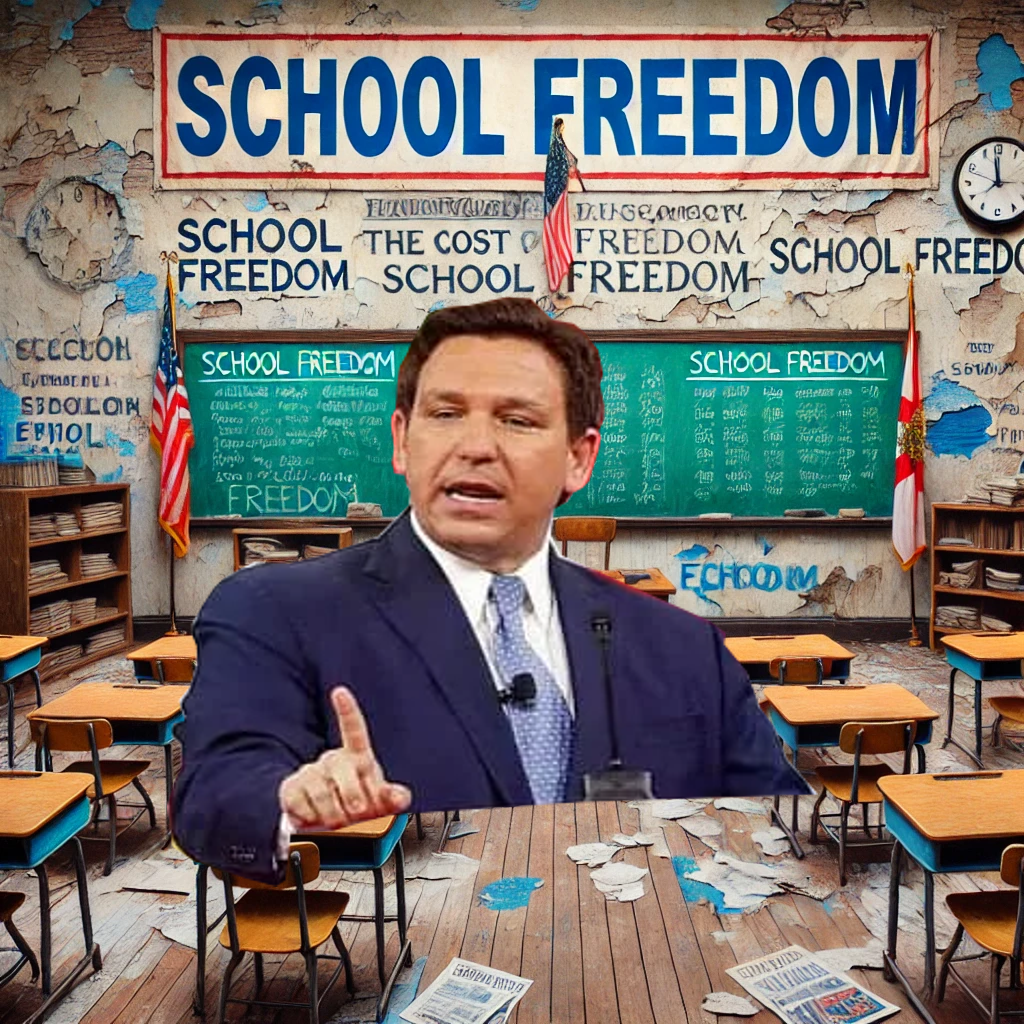Florida Governor Ron DeSantis is reshaping the state’s education system through a series of powerful appointments and sweeping policy changes. From placing defeated candidates on school boards to enacting laws that reduce the presence of social and historical studies in university curriculums, DeSantis is driving an agenda that prioritizes traditional values and academic basics. Supporters argue these moves are essential for bringing schools back to core principles, while critics warn that they risk erasing critical perspectives on history and society, sparking intense debate over the future of Florida’s education.

Most recently DeSantis appointed Derek Barrs, a candidate who lost a recent election, to the Flagler County School Board. Despite losing his August race to former teacher Janie Ruddy by 290 votes, Barrs will fill the position after DeSantis used his executive power to place him in the vacant seat. Critics argue this move bypasses the will of the voters, who chose someone else to represent them.

DeSantis, a Republican known for his hands-on approach to Florida’s education system, is legally allowed to fill empty seats if there are fewer than 28 months remaining in the term. However, critics say that by placing his preferred candidates in office—even after they’ve lost elections—DeSantis is undermining the democratic process. They argue that this strategy diminishes the voice of voters, especially as DeSantis also endorsed Barrs’ campaign to promote a “parental rights” approach to education, which limits discussions of topics like gender identity and certain historical perspectives.

This appointment isn’t an isolated incident. In August, DeSantis also appointed Daniel Foganholi to the State Board of Education after he lost a school board election in Broward County by over 30%. These appointments, along with other educational reforms, show DeSantis’ commitment to shaping Florida’s education system according to his agenda.

DeSantis is also leaving his mark on Florida’s public universities through a new and far-reaching education law aimed at what he describes as eliminating “woke ideologies” in higher education. The law has led to the removal of hundreds of general education courses, fundamentally changing the academic landscape for both students and faculty. Under the new rules, courses on topics such as women in literature, sociology of gender, and social geography are no longer considered part of the general education curriculum. While they haven’t been banned outright, their status has been reduced to electives, making them optional rather than required.

Critics argue that by classifying these courses as electives, the new law threatens their availability in the future and could result in valued professors leaving the Florida system. They believe it limits students’ exposure to diverse perspectives on gender, society, and history, ultimately narrowing the scope of Florida’s higher education system. DeSantis, however, sees the law as a way to focus college education on core subjects and prevent what he describes as ideological agendas from shaping students’ learning.

By influencing both K-12 school boards and higher education institutions, DeSantis is making extensive changes to Florida’s education system. Supporters say these moves are necessary to ensure that schools prioritize traditional values and academic fundamentals, while opponents worry that they may be silencing critical aspects of history and social understanding. To some Florida’s “freedom” movement in education looks more like a theocratical take over of the school system in Florida.





